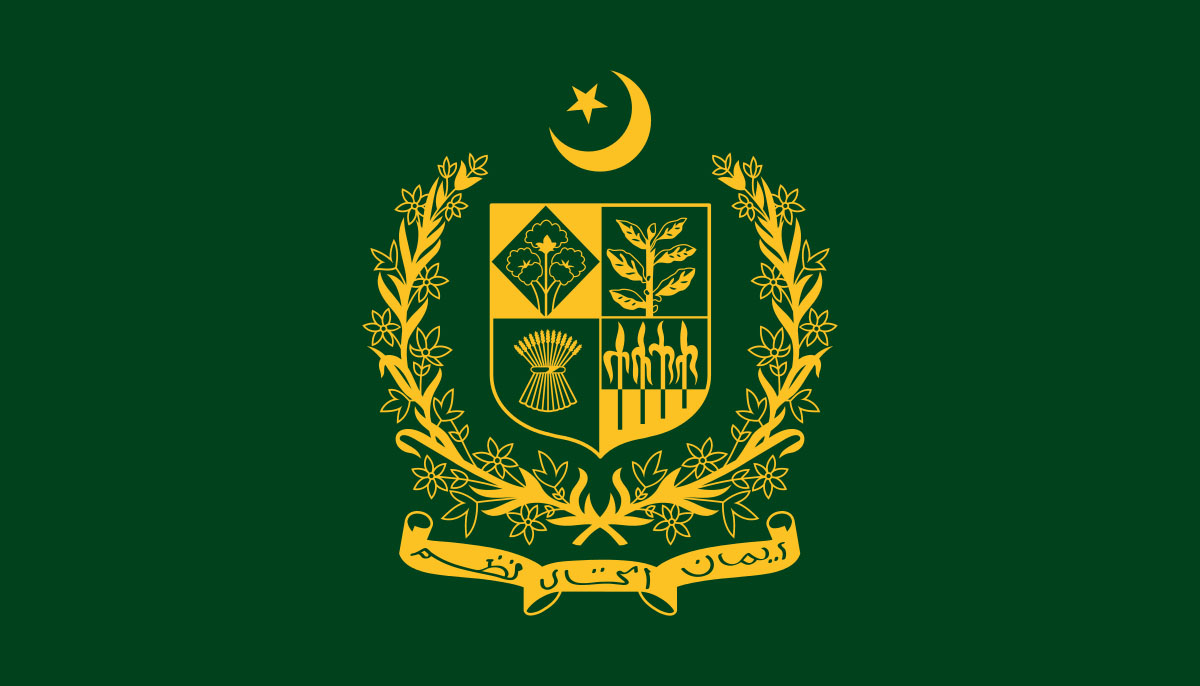New MP Scales policy removes upper salary cap for selected
ISLAMABAD: The new Management Position (MP) Scales Policy 2020, notified by the government recently, has made salary no-limit.
Now, the remuneration/pay package of those selected in the MP-I, MP-II and MP-III scales will be determined by the Finance Ministry with the approval of the prime minister as against the previously fixed emoluments, according to the policy issued on June 22.
Before the policy was notified on June 22, the upper monthly emoluments limit for MP-I was Rs700,000, for MP-II Rs413,000 and for MP-III Rs232,000, a knowledgeable official told The News. But now this maximum upper salary cap has been dispensed with, he said. He said by and large all the stand-alone policy notifications have been complied into the new arrangement. The major departure is that the upper cap in salaries provided in the prevalent policy has been done away with, he said.
Under the new policy, the selection committee will comprise the minister in-charge/minister of state, who will be its chairman; the secretary of the concerned division; an additional secretary of the establishment division; and an additional secretary of the concerned division or in case there is no additional secretary in the division, the joint secretary concerned. Where the charge of a ministry/division is held by the prime minister, the selection board will be headed by a federal minister/minister of state/adviser or special assistant to the prime minister, as nominated by the premier.
Besides, the non-executive chairman of the board of directors (BoD) or a senior member of the BoD of the institution in cases where such BoD exists, one expert having domain knowledge to be nominated by the minister in-charge on the recommendations of the secretary concerned and head of autonomous body (in case of appointment in it) may be co-opted as members on case to case basis.
Another senior bureaucrat said that the selection committee is all bureaucratic, headed by a political figure (minister). He believed that this makes the process vulnerable to manipulation.
He said even a section officer is appointed through statutory public service commission but in this case highly lucrative positions will be filled through a different method.
The official suggested that these committees should have members from the Federal Public Service Commission (FPSC) and the MP-I committee should be presided over by the FPSC chairman.
Senior civil servants are skeptical about the new MP scales policy, which has been used to recruit people from private sector directly at senior level positions equivalent to grades 22, 21 and 20. These posts, as per the earlier present arrangement, are occupied by secretaries, additional secretaries and joint secretaries.
Another view is that the policy has been introduced to ensure that the best minds from the private sector are attracted to serve the government. The criteria set for the posts under the new policy bar the government servants from being offered these special posts unless they qualify and get selected through an open competition. However, those selected have to quit their regular jobs before joining the MP positions for not more than three to five years.
In case a government servant is selected through a competitive process against any such position, he will either resign from government service or seek early retirement before joining the MP scale position. The persons being employed will submit to the government an affidavit declaring their non-involvement in any other relevant business/job, which may tantamount to conflict of interest.
The MP scale vacancies will be advertised indicating job, describing terms of reference based on the needs, objectives and goals of the organization, targets with timeline and deliverables, educational qualifications, requisite experience in number of year, age bracket, etc. tenure of appointment and pay package.
-
 Woman Jailed Over False 'crime In Space' Claim Against NASA Astronaut
Woman Jailed Over False 'crime In Space' Claim Against NASA Astronaut -
 James Van Der Beek’s Close Pal Reveals Family's Dire Need Of Donations
James Van Der Beek’s Close Pal Reveals Family's Dire Need Of Donations -
 Prince William And Harry's Cousins Attend 'Wuthering Heights' Event
Prince William And Harry's Cousins Attend 'Wuthering Heights' Event -
 Hailey Bieber Turns Heads Just Hours After Major Business Win
Hailey Bieber Turns Heads Just Hours After Major Business Win -
 King Charles' Andrew Decision Labelled 'long Overdue'
King Charles' Andrew Decision Labelled 'long Overdue' -
 Timothee Chalamet 'forever Indebted' To Fan Over Kind Gesture
Timothee Chalamet 'forever Indebted' To Fan Over Kind Gesture -
 Columbia University Sacks Staff Over Epstein Partner's ‘backdoor’ Admission
Columbia University Sacks Staff Over Epstein Partner's ‘backdoor’ Admission -
 Ozzy Osbourne's Family Struggles Behind Closed Doors
Ozzy Osbourne's Family Struggles Behind Closed Doors -
 Dua Lipa Claims Long-distance Relationship 'never Stops Being Hard'
Dua Lipa Claims Long-distance Relationship 'never Stops Being Hard' -
 BTS Moments Of Taylor Swift's 'Opalite' Music Video Unvieled: See Photos
BTS Moments Of Taylor Swift's 'Opalite' Music Video Unvieled: See Photos -
 Robin Windsor's Death: Kate Beckinsale Says It Was Preventable Tragedy
Robin Windsor's Death: Kate Beckinsale Says It Was Preventable Tragedy -
 Rachel Zoe Shares Update On Her Divorce From Rodger Berman
Rachel Zoe Shares Update On Her Divorce From Rodger Berman -
 Kim Kardashian Officially Takes Major Step In Romance With New Boyfriend Lewis Hamilton
Kim Kardashian Officially Takes Major Step In Romance With New Boyfriend Lewis Hamilton -
 YouTube Tests Limiting ‘All’ Notifications For Inactive Channel Subscribers
YouTube Tests Limiting ‘All’ Notifications For Inactive Channel Subscribers -
 'Isolated And Humiliated' Andrew Sparks New Fears At Palace
'Isolated And Humiliated' Andrew Sparks New Fears At Palace -
 Google Tests Refreshed Live Updates UI Ahead Of Android 17
Google Tests Refreshed Live Updates UI Ahead Of Android 17




